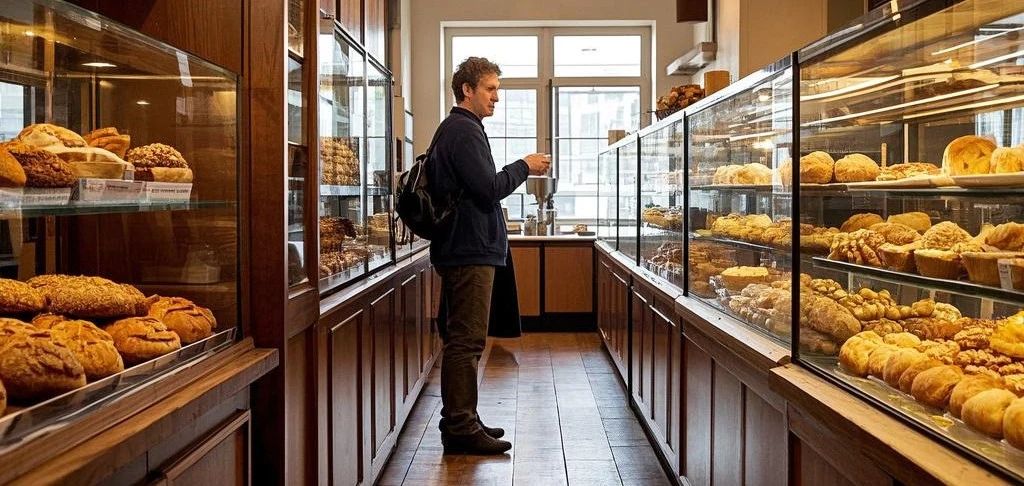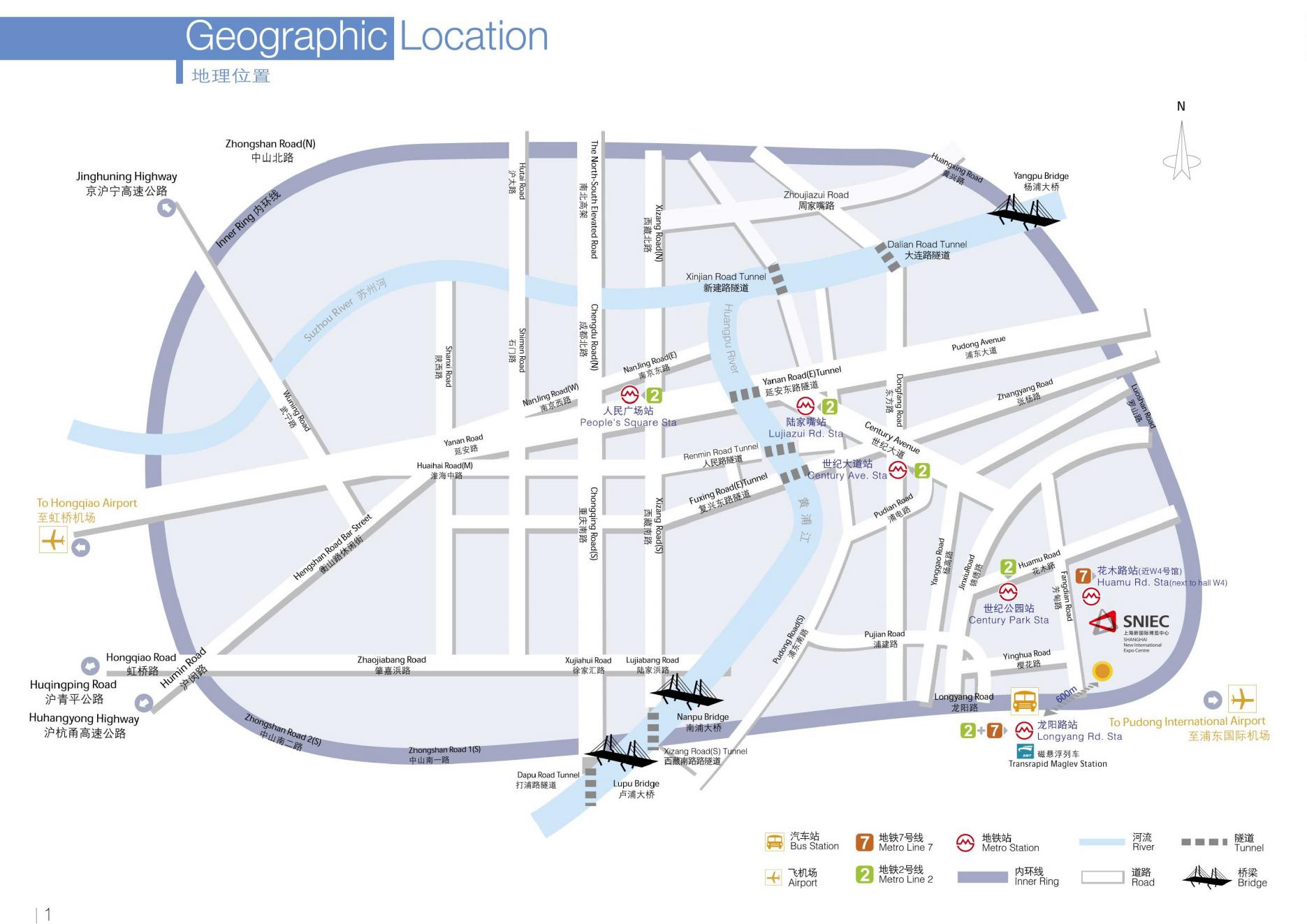RFID technology has long been widely used in areas such as clothing, luxury goods and tires, but its promotion in the food industry has lagged behind. However, this situation is being changed by Kroger. As a pioneer in the field of food retail, Kroger is deploying ultra-high frequency radio frequency identification (RFID) technology in hundreds of its stores to track fresh baked goods, which is expected to become the largest RFID technology demonstration in the food industry.
Kroger has joined hands with Avery Dennison to jointly promote this technological innovation. According to the plan of both parties, RFID technology will be promoted in most of Kroger's 2,750 stores in the next year and a half. The system uses Avery Dennison's RFID tags and is mainly used on the packaging of freshly baked bread, muffins and cookies.
The introduction of RFID technology will bring many benefits to Kroger. First, it improves inventory visibility and accuracy, ensuring that products are on the shelves when customers need them. This not only improves the customer shopping experience, but also allows employees to free up more time to interact with customers, further enhancing customer satisfaction.
Second, RFID technology helps reduce food waste. By monitoring inventory levels and food expiration in real time, Kroger is able to manage inventory more accurately and avoid overstocking or understocking. This not only helps reduce losses, but also improves operational efficiency.
In addition, as food traceability becomes a growing concern for retailers and food brands, the deployment of RFID technology is timely. The U.S. Food and Drug Administration (FDA) has set the Food Safety Modernization Act (FSMA) for food traceability and supply chain record keeping, requiring companies to achieve more comprehensive and accessible food ingredient records within two years. By introducing RFID technology, Kroger is able to better meet this regulatory requirement and improve food safety.

It is worth mentioning that despite some challenges in the application of RFID technology in the food industry, such as radio frequency technology and cost issues in food environments, Kroger is still firmly at the forefront. Kroger believes that this is a strategic investment, not just an initial pilot phase. They need to prove that the technology can produce quantifiable benefits, whether it is reducing food waste, improving operational efficiency, or improving the experience of customers and employees in the mall.
Kroger's move has undoubtedly set an example for other grocers. With the successful deployment of RFID technology in Kroger bakeries, other grocers have also begun to pay attention to the potential of this technology and consider introducing it into their own businesses. For technology providers, they also see broad prospects for global food market solutions. However, to truly promote the widespread application of RFID technology in the food industry, some challenges need to be overcome and misunderstandings and doubts of retailers need to be eliminated.
Kroger's move to introduce RFID technology in the food retail sector not only helps to improve its own competitiveness and operational efficiency, but also sets an example for the entire industry. With the continuous advancement of technology and the in-depth expansion of applications, RFID technology is expected to play a more important role in the food industry in the future.
This paper is from Ulink Media, Shenzhen, China, the organizer of IOTE EXPO (IoT Expo in China)







